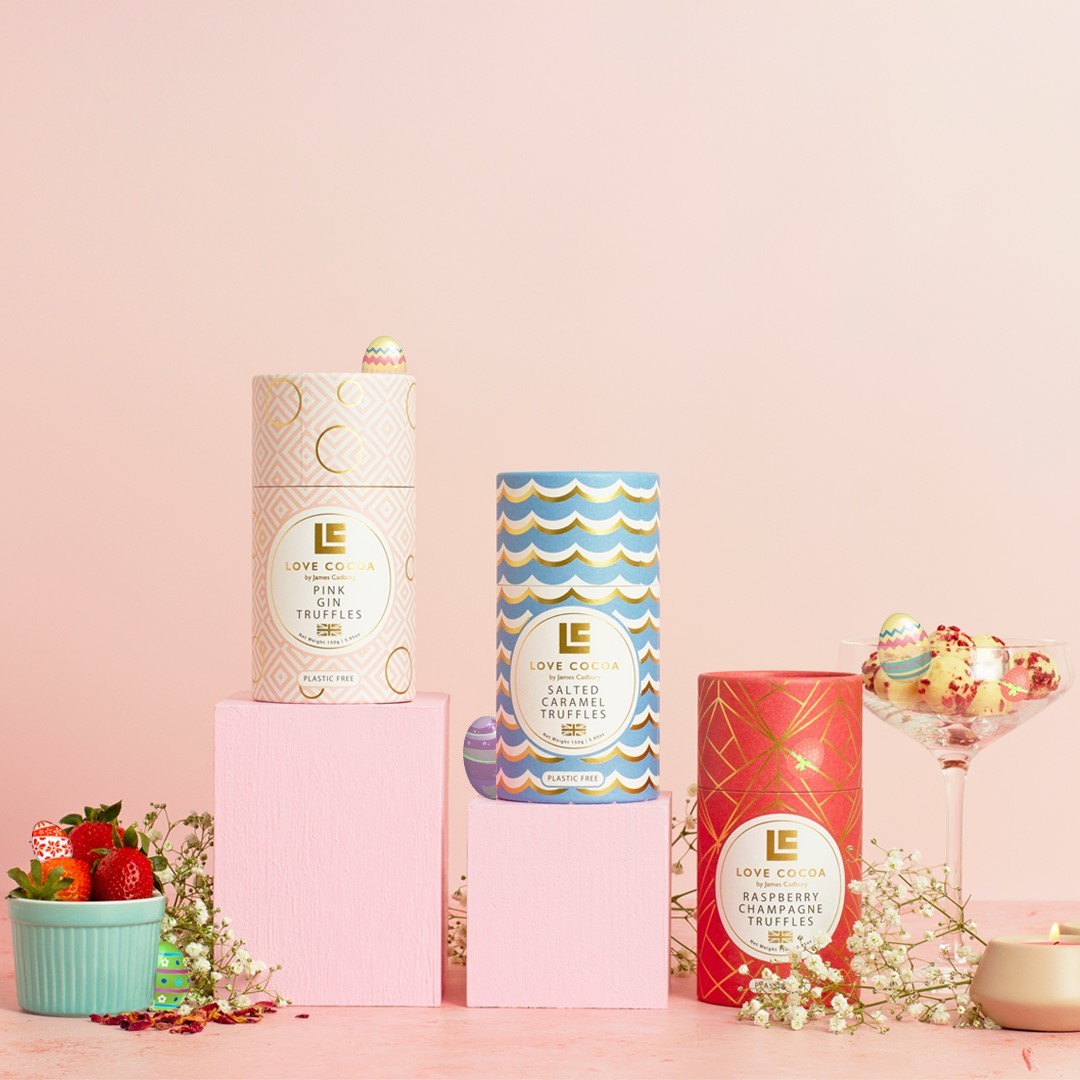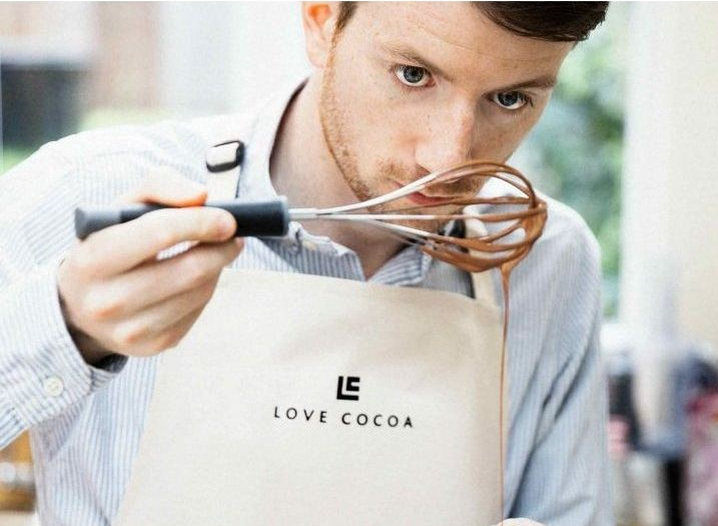James Cadbury Sells Love Cocoa: Legacy Meets Business Strategy
James Cadbury has sold his ethical chocolate brands, Love Cocoa and Hip Chocolate, to UK confectionery group Made Uncommon in 2025, ending his family’s 200-year connection to chocolate. The sale highlights growing financial pressures in the premium chocolate industry amid record cocoa prices. According to analysis reviewed by CEO Today, the acquisition marks a shift toward consolidation in the UK’s ethical food market.
A Modern Ending to a Historic Legacy
James Cadbury, the great-great-great-grandson of Cadbury founder John Cadbury, has sold his ethical chocolate brands, Love Cocoa and Hip Chocolate, to the UK confectionery group Made Uncommon for an undisclosed sum. The deal marks the symbolic end of a 200-year family connection to chocolate, closing a chapter that began in Birmingham in 1824.
Founded in 2016, Love Cocoa sought to revive the craftsmanship and ethics of the original Cadbury vision. It promised premium, sustainably sourced chocolate that did good as well as tasted good—planting one tree for every product sold and championing B Corp values. Over nearly a decade, the business grew steadily, hitting around £3.5 million in revenue by 2022 and raising £4.25 million in investment a year later.
However, despite strong brand identity and a loyal consumer base, Love Cocoa reportedly struggled with profitability. Rising cocoa prices, escalating production costs, and intense competition in the luxury confectionery market made consistent returns difficult.
“After nine great years of building Love Cocoa and Hip Chocolate,” Cadbury said in a statement, “the company has now been sold.”

The Business Reality Behind the Sale
From a financial standpoint, the sale represents a pragmatic decision. The premium confectionery space has become increasingly volatile—cocoa prices have surged to record highs in 2024, driven by climate impacts on supply chains. For small ethical producers, that volatility translates directly into thinner margins.
Investors in Love Cocoa had backed its sustainable mission, but scaling such a model requires deep pockets and operational efficiency. The sale to Made Uncommon provides the brand with that structure and capital base. It also highlights a growing trend of consolidation in the UK’s ethical food sector, where boutique brands are acquired by larger groups seeking to strengthen their sustainability credentials.
For business observers, this is a case study in balancing mission with market realities. Legacy and ethics can build trust, but they don’t always guarantee financial sustainability—especially in an industry as exposed to commodity swings as chocolate.
Legal and Governance Implications
Any sale involving a legacy brand brings complex legal and governance considerations. The transfer likely included negotiations over intellectual property, B Corp certification continuity, and the use of family associations. While Love Cocoa did not trade directly under the Cadbury name, its heritage was central to its marketing story.
Made Uncommon’s acquisition signals an interest not only in product lines but also in the reputation and credibility that James Cadbury’s lineage brought to the brand. Legal experts note that transactions of this kind require careful oversight, ensuring both continuity of mission and compliance with brand-ethics frameworks.
In practical terms, the sale closes the final chapter of Cadbury family stewardship in chocolate transitioning a heritage built on Quaker principles of fair trade and community welfare into the hands of a corporate group looking to blend purpose with profit.
What’s Next for James Cadbury
James Cadbury isn’t stepping away from entrepreneurship. He has hinted at a focus on new ventures such as sustainable fashion brand Kind Bag and wellness startup Holte. Both are consistent with his long-term vision of “doing good through business.”
For Made Uncommon, Love Cocoa’s acquisition is a strategic expansion. It follows their earlier purchase of Seed & Bean and further cements their role in consolidating the UK’s premium ethical confectionery market. Maintaining the brand’s ethical standards while improving efficiency will be their next challenge.
Conclusion: Legacy Meets Modern Business
The sale of Love Cocoa isn’t simply a story about chocolate—it’s about how legacy, sustainability, and financial strategy intersect in the modern business world. For James Cadbury, it represents both an emotional and strategic decision: preserving his great ancestor’s spirit while recognising the financial realities of scaling an ethical brand.
For CEOs and investors, it’s a reminder that values-driven enterprises can succeed—but must evolve, adapt, and sometimes let go to ensure their survival. As markets tighten and commodity pressures rise, purpose-led brands face their greatest test yet: proving that doing good and making money can truly go hand in hand.














